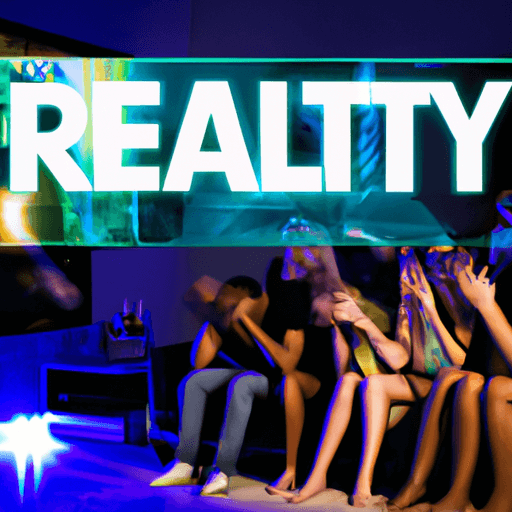Influence and Impact of Reality Television on Society
Reality television, a phenomenon that took the world by storm, has influenced societal norms and public behavior. This essay aims to evaluate these influences objectively, studying the rise of this genre, its current position, its influence on human perceptions, and the potential future of reality TV.
The Rise of Reality TV
The popularity of reality TV surged in the late 1990s and early 2000s with shows like 'Survivor' and 'Big Brother'. These shows offered a novel approach to entertainment, featuring real people over professional actors. Reality TV tapped into a growing viewer appetite for unscripted and unpredictable content, allowing the audience to feel more connected with the participants and their experiences.
The Current Status
Reality television now reigns at the forefront of media culture. From talent competitions like 'America’s Got Talent' to lifestyle shows like 'Keeping Up with the Kardashians', it encompasses a myriad of subjects and formats, appealing to a wide demographic. It now constitutes a significant portion of programming and continually draws high numbers of viewers.
Impact on Society
Reality TV frequently influences societal standards and perceptions - not always positively. While it raises awareness on various issues such as weight loss (‘The Biggest Loser’), or drug addiction (‘Intervention’), unfortunately, it also often promotes harmful stereotypes. Various reality shows are criticized for their lack of diversity, perpetuating body shaming, and highlighting conflict over cooperation.
The Role of Media
Media has an immense role in amplifying or minimizing these effects. It propagates what it chooses to and can manipulate public opinion accordingly. Bias towards specific personalities or behavior can shape societal trends and perspectives, influencing viewers to mimic what they perceive as successful or desired behavior.
Case Study: 'Love Island'
An example of this influence is 'Love Island' which enjoys a significant youth following. While it has been revered for addressing mental health and self-acceptance themes, it faced backlash due to lack of body diversity and unnecessary drama. It exemplified how reality TV can mold viewer perceptions, for better or worse.
The Future of Reality TV
Reality TV, despite criticisms, is here to stay owing to its ability to evolve according to societal trends and viewer preferences. Producers are becoming more conscious about promoting diversity and avoiding harmful content. It’s hoped that the future of reality TV will be characterized by responsible representation and the promotion of positive societal values.
Through its evolution, we see a mirror of societal change. Understanding the influence of reality TV is crucial as it holds the power to shape public perspectives and has a profound impact on societal norms. We, as viewers, must remain aware of this influence and critically analyze the content we consume.


















Comments
Leave a Comment